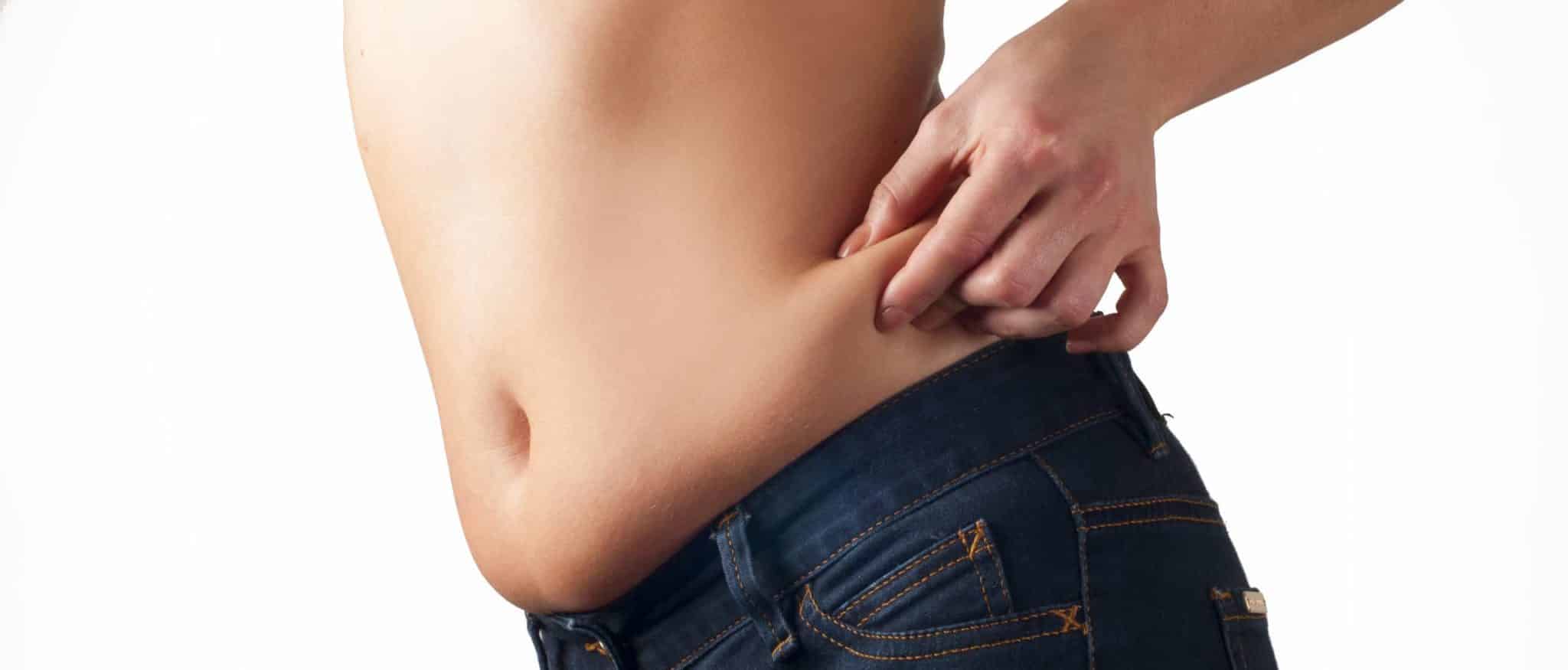Medically Reviewed April 2023, by Claire Clarke - Head of Surgical Services for The Harley Medical Group
Deciding whether to have cosmetic surgery is a big decision to make, and you may be worried about the possible risks or side effects involved such as having the ideal BMI for cosmetic surgery. One way that you can help to ensure that your surgery is safe is by making sure that your BMI for cosmetic surgery is within a healthy range. But what is BMI and how can you reduce it?

BMI (the body mass index) uses your height and weight to work out if you have a healthy weight for your particular height, and is a measure used by healthcare professionals.
In order to calculate your BMI your weight in kilograms is divided by your height in meters squared.
There are four ranges to determine your BMI:
For most adults, a healthy BMI is classed as being between the 18.5 to 24.9 BMI ranges.
Obesity or being underweight are large risk factors when it comes to having aesthetic surgery, and therefore it is important to ensure that you are within a healthy BMI range. The reason for this is that being outside of your ideal BMI for cosmetic surgery can cause more complications as a result of surgery and being given anaesthesia, as well as during your recovery after surgery.
In particular, obesity and having excess weight can make surgery more challenging for a number of reasons, and result in there being side effects from the surgery. These include:
If your BMI for cosmetic surgery is below 18, your healthcare professional may request that your GP sends them your medical records. If your BMI is over 32, before your surgery takes place you may be advised to lose weight.
We caught up with Dr Leonardo Fasado, Consultant Vaser Specialist with over 5 years of experience who shared the importance of having a healthy BMI when carrying out Vaser Liposuction.
“Ensuring that the patient has the appropriate BMI is paramount to having great results after Vaser Liposuction, it’s important to have a BMI that’s not too excessive. From a health point of view, it can put you at risk of respiratory complications and also an increased chance of clots forming in the patient's legs or lungs after the procedure. That’s why it’s important to ensure the patient has a BMI below 30.”
In order to reduce your BMI for cosmetic sucgery and maintain a healthy weight in general, the basic rule is to consume slightly less or the same amount of calories than you burn on a day to day basis. In order to work out how many calories a day you roughly use and need, you can use a calories calculator. To get the most out of this, you will also need to enter details about your exercise routine as well as your working environment, and then to lose weight ensure that you only eat that amount or a little less.
It’s also important to stick to a healthy diet by incorporating the right amount of fruit and vegetables, carbohydrates, protein and fats whilst cutting back on sugar. A dietician will be able to advise you further on this and give you tips on how to meal plan.
As well as counting your calories, it’s also important to try and burn up your body’s excess fat. To do this, you need to take part in regular cardiovascular workouts, which use fat as the main source of fuel. Great options for cardio exercises include walking, running, rowing and fast-paced cycling, all of which should help your excess weight to drop off!
*These are guidelines but your situation will be discussed with the surgeon
At The Harley Medical Group care and safety are the key principles that our team work towards on a daily basis, and we want to make sure that all our patients are safe to proceed for the treatment they are looking for.
If you are interested in having cosmetic surgery with us, there is a link to a BMI calculator on our website here. If you’d also like to learn more about the range of cosmetic surgery options that we offer, find your nearest clinic and book your free consultation today!